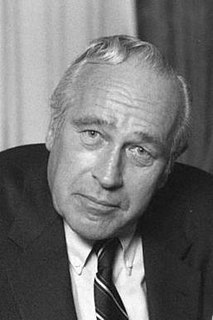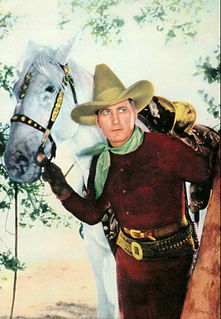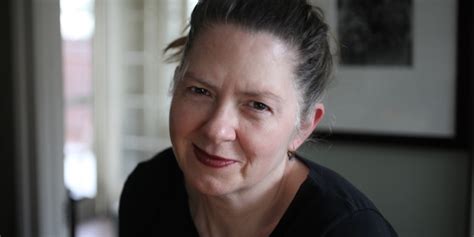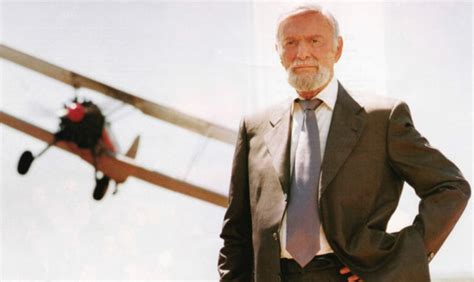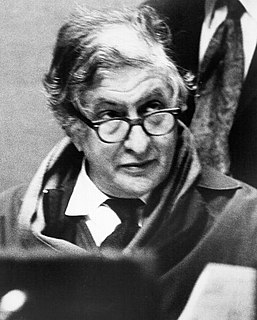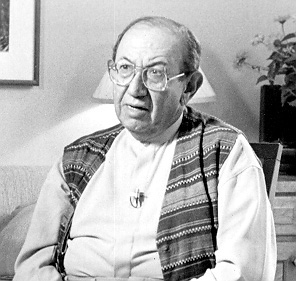A Quote by Robert Ludlum
Visions of one powerful scene after another parade across his inner screen, each exploding with drama and meaning
Related Quotes
...visions are messages from the Great Spirit, each for a different purpose in life. Consequently, one person's vision may not be that of another. To have a vision, one must be prepared to receive it, and when it comes, to accept it. Thus when these inner urges become reality, only then can visions be fulfilled. The spiritual side of life knows everyone's heart and who to trust. How could a vision ever be given to someone to harbor if that person could not be trusted to carry it out. The message is simple: commitment precedes vision.
One of the tricks is to have the exposition conveyed in a scene of conflict, so that a character is forced to say things you want the audience to know - as, for example, if he is defending himself against somebody's attack, his words of defense seem Justified even though his words are actually expository words. Something appears to be happening, so the audience believes it is witnessing a scene (which it is), not listening to expository speeches. Humor is another way of getting exposition across.
Ideas are powerful things, requiring not a studious contemplation but an action, even if it is only an inner action. Their acquisition obligates each man in some way to change his life, even if it is only his inner life. They demand to be stood for. They dictate where a man must concentrate his vision. They determine his moral and intellectual priorities. They provide him with allies and make him enemies. In short, ideas impose an interest in their ultimate fate which goes far beyond the realm of the merely reasonable.
I feel that music on the screen can seek out and intensify the inner thoughts of the characters. It can invest a scene with terror, grandeur, gaiety, or misery. It can propel narrative switftly forward, or slow it down. It often lifts mere dialogue into the realm of poetry. Finally, it is the communicating link between the screen and the audience, reaching out and enveloping all into one single experience.
